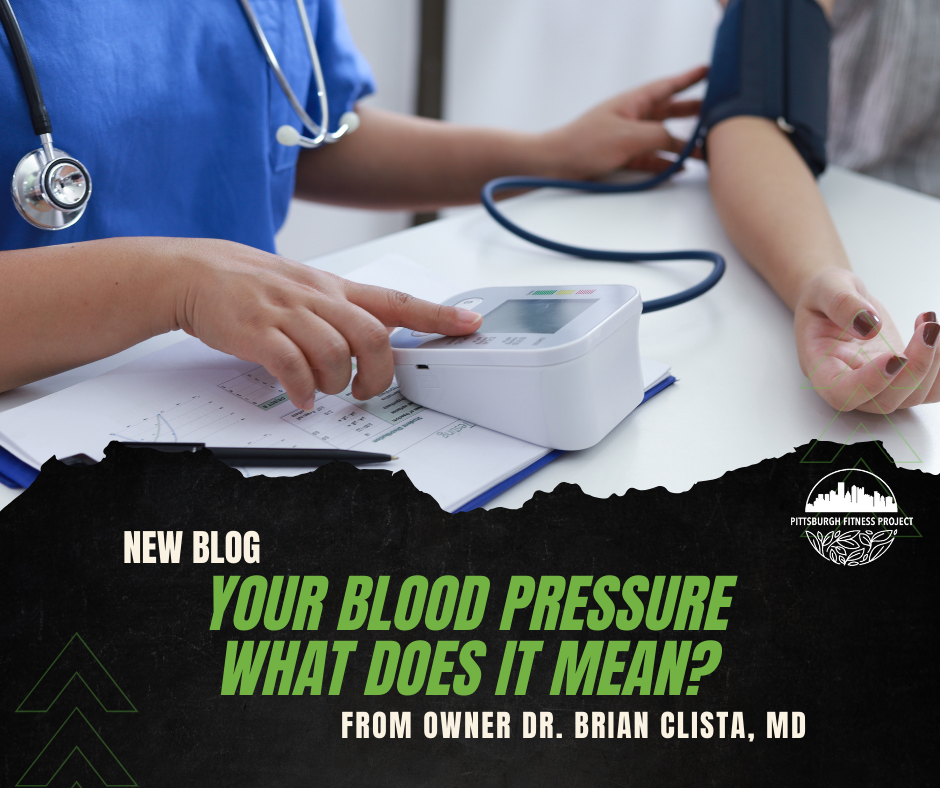YOUR BLOOD PRESSURE – What Does It Mean?
What is blood pressure?
When you go to your provider’s office, they often put a cuff around your arm to check your blood pressure. You’ll be told two numbers, like 120 over 80. So, what does that mean? Why should we care?
Blood pressure is the pressure of circulating blood against your blood vessel walls. The first number is your systolic blood pressure. That means the pressure against your artery walls when your heart is actively pumping. The second number is your diastolic blood pressure. That’s the pressure in your artery walls when your heart rests between heartbeats.
Why should we care about blood pressure?
Normal blood pressure can depend on your age; in kids, it’s calculated based on height. Our blood pressure tends to increase with age as our artery walls stiffen and plaque from circulating cholesterol starts to build up.
High blood pressure can mean a lot of different things. Experts “stage” blood pressure depending on how high it is. High blood pressure is often termed the “silent killer” because people often have no symptoms when their blood pressure is high.
So, what happens when your blood pressure is too high?
It can damage your body’s blood vessels and have a number of health effects.
Heart failure. The heart needs to work harder with high blood pressure. The heart then can start to fail.
Stroke. High blood pressure can cause blood vessels in the brain to become blocked off or burst open.
Heart attack. The heart’s (coronary) arteries supply the heart muscle with oxygen. They can narrow due to plaque build-up. Damage to the artery walls from high blood pressure can cause clots to form in the narrowed arteries. That leads to less oxygen to the heart muscle and a heart attack.
Kidney damage. High blood pressure damages the blood supply of the kidney. That affects the kidney’s normal ability to filter our blood of impurities.
Vision loss. High blood pressure can damage the blood supply to our eyes, causing vision loss.
Peripheral artery disease. High blood pressure can damage blood vessels in the arms and legs. That can lead to pain or poor healing with cuts and scrapes.
How do we prevent high blood pressure?
First, know what your blood pressure is! Have regular checkups with your provider.
How do we maintain a normal blood pressure?
Eat healthy. A Mediterranean diet has been found to improve cardiovascular health.
Quit smoking.
Maintain a healthy sleep pattern.
Reduce stress.
Get regular exercise!
If you’d like to work on establishing an exercise routine, schedule a fitness assessment or try one of our many small group course offerings.

